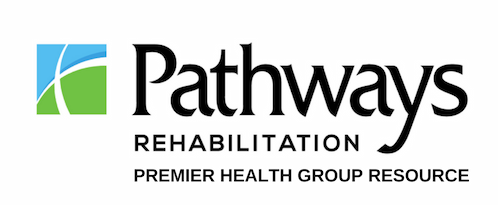
What Are the Stages of Alcoholism?
The Stages of Addiction and Treatment. Alcohol is by far the third leading cause of accidental deaths in America, but most of those who suffer from alcohol addiction do not receive the help that they really need to deal with addiction and alcoholism. The good news is, many people can benefit greatly from some type of treatment, while others do not even realize that they have a problem until it becomes an actual full-blown addiction.
Alcoholism has four stages, which are determined as follows: physical dependence, psychological dependency, social isolation and denial. Each stage is unique and will affect the severity of the alcohol addiction and treatment that a person goes through.
Physical Dependence: This stage occurs when an individual begins to experience withdrawal symptoms as a result of withdrawal from alcohol, such as nausea, vomiting, headaches and depression. Individuals who suffer from this stage often exhibit signs of extreme agitation and irritability, are extremely irritable and tense. These individuals are unable to sleep and will become withdrawn from all friends and family, and will not feel comfortable around them.
Psychological Dependence: This stage occurs when an individual suffers from depression, anxiety and stress as a result of alcohol use. These individuals are very sensitive and tend to withdraw from all types of social interaction and relationships because of their dependence on alcohol. They often feel like no one understands them and begin to isolate themselves.
Social isolation: These individuals usually begin to resort to illegal activities such as theft, prostitution, and drinking in bars and restaurants, to escape their alcohol addiction and alcoholism. Many of these individuals have a difficult time dealing with their loved ones and friends, as they find that they feel very isolated and depressed.
Substance Abuse: In this stage, an individual becomes dependent on alcohol as a way to deal with the stress or depression that is associated with their dependence. While many individuals have some degree of self-control, some individuals may begin to take dangerous and life threatening actions such as driving under the influence of alcohol. In addition to alcohol, many individuals in this stage begin to abuse other drugs such as heroin or meth. and marijuana.
Denial: At this stage, an individual will often deny their dependence on alcohol or drug. They may do so in hopes of feeling better and not experiencing withdrawal symptoms. At this stage, individuals begin to deny the fact that they have a problem and they will also deny the fact that they have a problem with addiction. However, at this point in the recovery process, individuals will typically enter into a deep depression and begin to suffer from physical withdrawal symptoms such as vomiting, diarrhea and other abdominal problems.
Each stage of recovery will require an individual’s recovery to move from one stage to another and to move forward. Once an individual reaches the point of denial, they will need help to gain control over their lives and move forward. The stages of alcoholism are just one step in the journey of sobriety, however, an individual will eventually move to the next stage of recovery.
